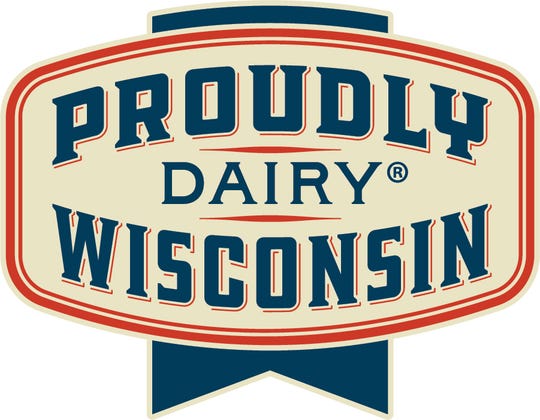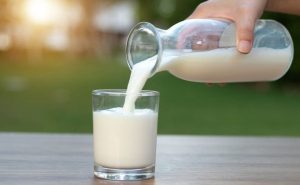Increasing sales of private label cheese supports dairy farmers by increasing milk volume and growing cheese sales.
“Forty years ago, private grocery store labels were generic black and white and centered around value,” explains Rick Findlay, VP Foodservice National Accounts for Dairy Farmers of Wisconsin. “Now, it’s the antithesis of that. It is a higher quality product on the cutting edge of innovation.”
By promoting private label cheese, Dairy Farmers of Wisconsin builds Wisconsin Cheese distribution and leverages the strength of the Wisconsin Cheese brand.
Private label represents about 20-40% of a grocer’s assortment in a typical store. Currently, sales of private label products grow and outpace total store growth.
Dairy Farmers of Wisconsin is partnering with Whole Foods and their trusted and popular in-house brand, 365 Everyday Value® label, to assure they use high-quality Wisconsin cheese.
“Grocers want their own label because the only place you can buy that product is at that store,” says Findlay. “Because of its exclusivity, grocers promote and push their private label.”
More than 200 cheese brands now feature the Proudly Wisconsin Cheese logo. This strong foundation, along with the upward private label trend, offers significant prospects to help further propel sales of milk and cheese. That’s good news for Wisconsin’s more than 7,000 dairy farms and 1,200 licensed cheesemakers who produce more than 600 varieties, types and styles of cheese.
“This incredible diversity gives grocery stores and restaurant operators an opportunity to offer a unique product, and exclusive flavors and varieties,” says Findlay. “We’ve developed long-term alliances with restaurant operators willing to use and enhance the value of the Wisconsin brand. We are promoting Wisconsin’s quality cheese for pizza, burgers and sandwiches.”
Dairy Farmers of Wisconsin takes a three-pronged approach to increasing sales at restaurants:
Drive awareness of Wisconsin milk and cheese. Work with restaurant operators to place the Proudly Wisconsin Cheese and Proudly Wisconsin Dairy badge on their menus, websites, social platforms and billboards, and even painting the badge on restaurant walls.
Enlighten restaurant operators about the quality and breadth of Wisconsin cheese. Invite owners and operators to visit Wisconsin dairy farms to learn first-hand how farmers produce high-quality milk.
Grow volume. Work with multi-unit foodservice operators. Restaurant chains that serve pizzas, burgers and sandwiches are the largest consumers of cheese.
“We’re zeroing in on the large operators with hundreds of restaurants to gain incremental volume,” says Findlay. “Those who display the Proudly Wisconsin badge see growth between 5-10% in sales.”
“The Wisconsin badge is the hallmark for exceptional farmers and great milk and cheese,” says Findlay. “It embodies everything Wisconsin dairy foods are known for: quality, tradition, passion and innovation, as well as our farmers’ exceptional environmental stewardship and dedicated animal care.”













